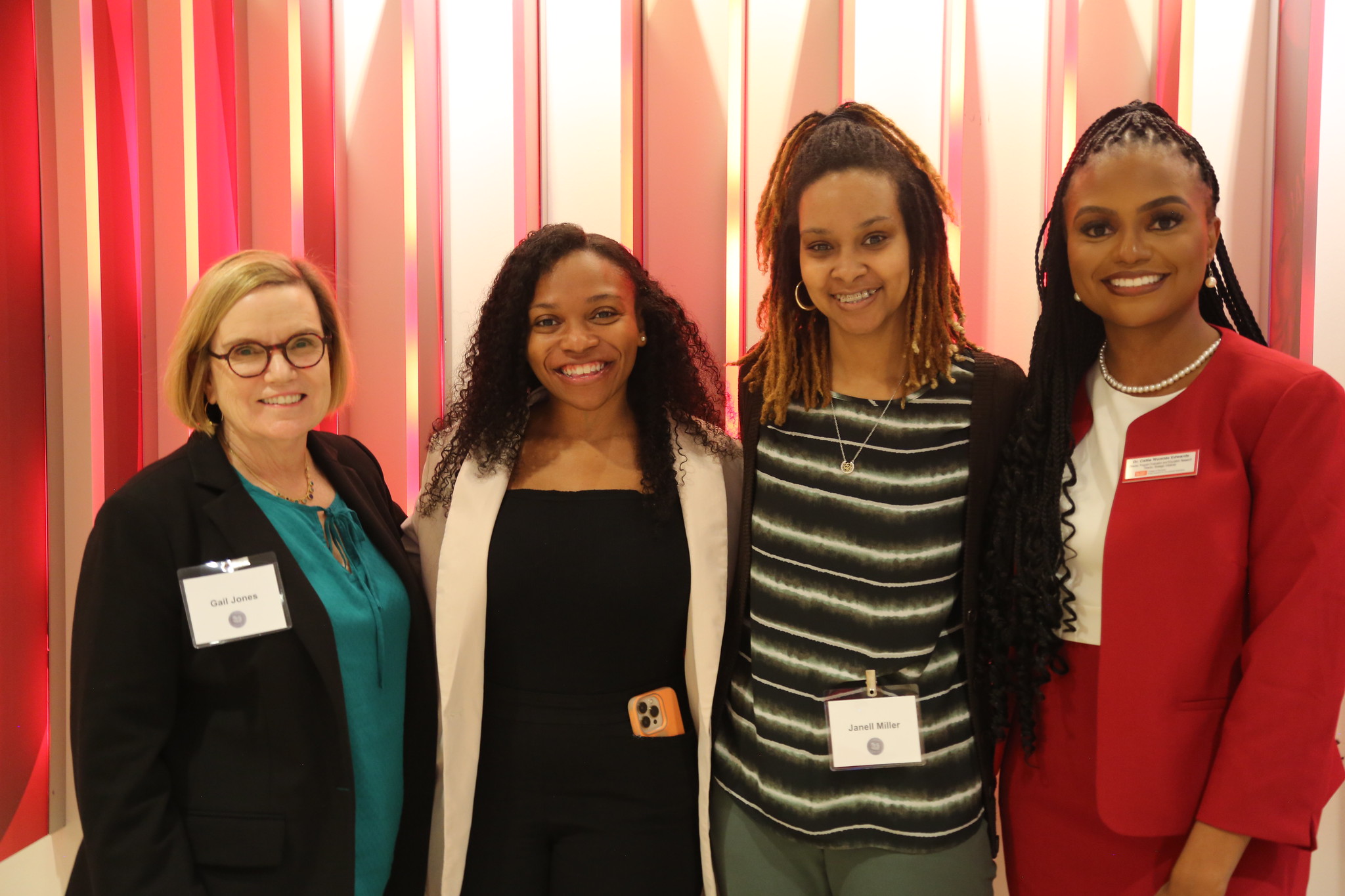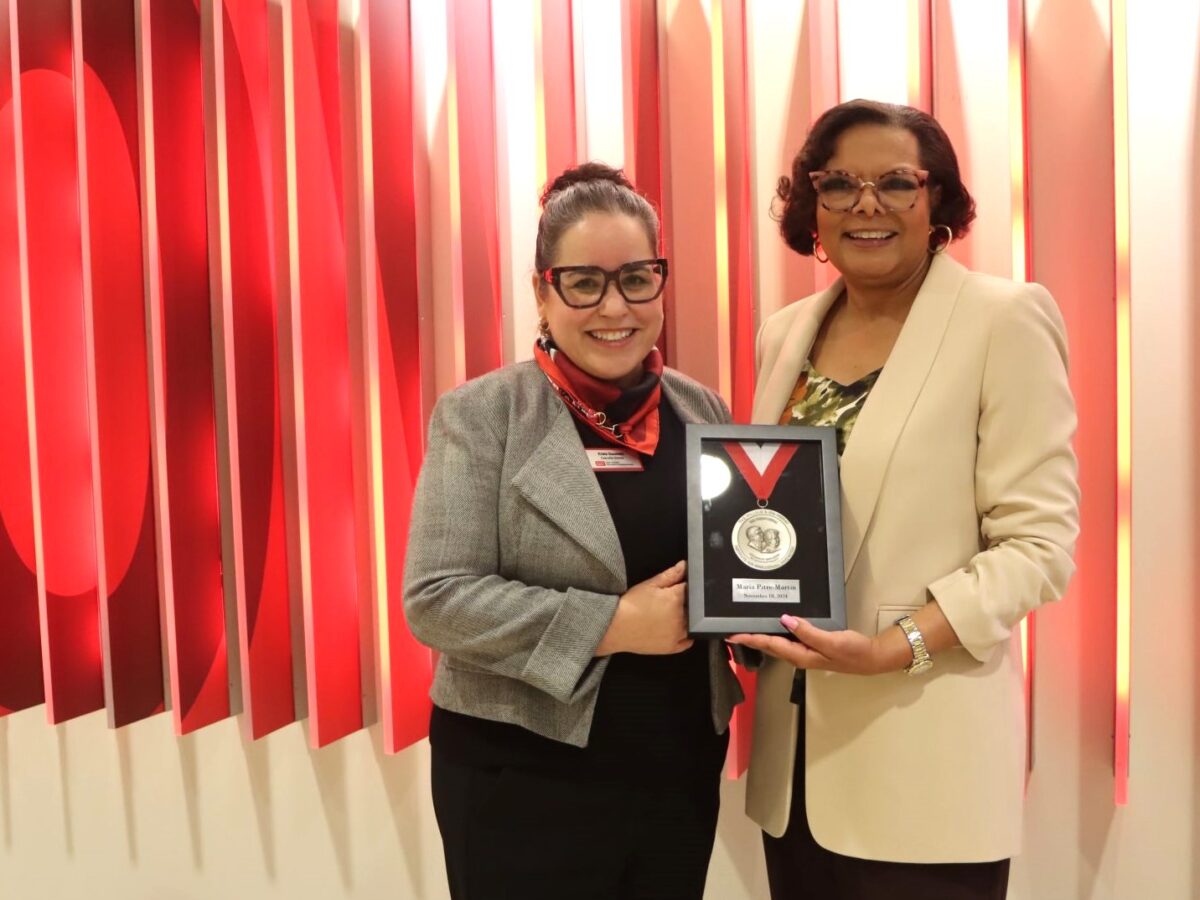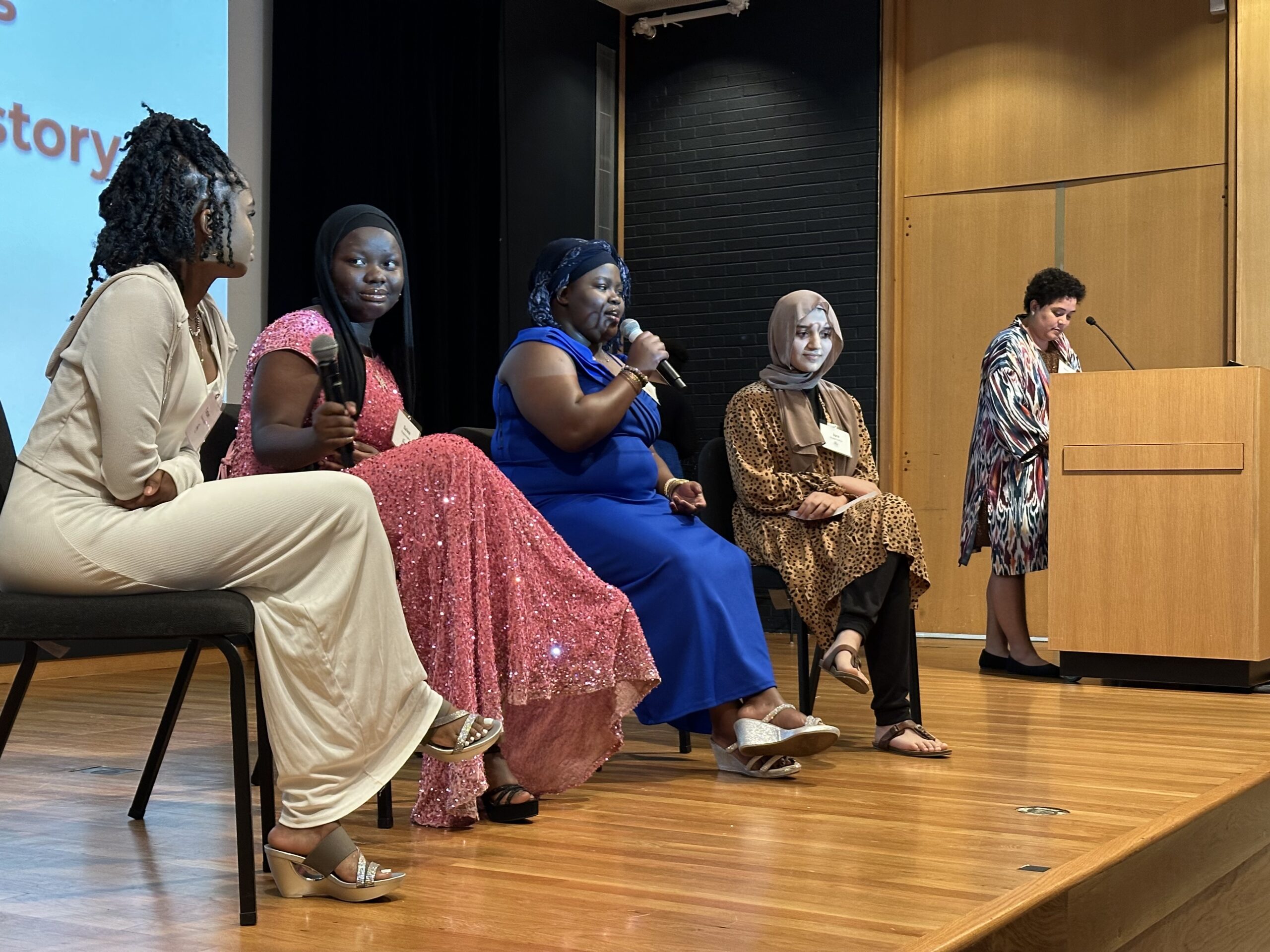Five Questions with Michael Evans, Author of New Book on Learning Sciences
Click here to see the original article from the College of Education News website
 Dr. Michael Evans, associate professor and senior research fellow at the Friday Institute for Educational Innovation at NC State University’s College of Education, co-edited and contributed to a new book recently released titled Reflections on the Learning Sciences.
Dr. Michael Evans, associate professor and senior research fellow at the Friday Institute for Educational Innovation at NC State University’s College of Education, co-edited and contributed to a new book recently released titled Reflections on the Learning Sciences.
Published by Cambridge University Press, Reflections on the Learning Sciences offers a historical and critical analysis of the emerging field of the learning sciences, which takes an interdisciplinary approach to understanding and improving how children and adults learn.
What is this book about?
As someone once said, those who don’t know their history tend to repeat it, so we – the three coeditors – sponsored a symposium back in 2010 at the learning sciences conference with this notion that there really hasn’t been a comprehensive account of where the field came from. Instead of writing another handbook, which there is, we felt that a more historical treatment and personal reflection from those who were instrumental to founding the field was missing. This book includes reflections from both those who contributed along the way and those who were trained as learning scientists. It’s almost like a philosophical take on the field. It is individuals’ interpretations, and we have a lot of overlap, which I think is a good thing. While there is corroboration, there’s also some disagreement of where things came from, but we did work with the founders of the field to document their histories and how this field came to be.
What are the learning sciences?
This field called the learning sciences is just about 25 years old, formally. For me, the learning sciences are committed to studying learning and to make a science of it, as opposed to just best practices. The focus is to study learning environments, and not just study them, but to try to make purposeful, positive impacts on those environments. That ties into this design-based research, in that you propose, based on theoretical and empirical evidence, an instructional design. And then instead of testing a limited set of variables in a clinical setting, you take it out into your setting of choice.
What makes them different from the disciplines they emerged from?
We’re going beyond cognitivism, more social or cultural-historical work, trying to appreciate how culture and context and environment affect learning. There’s more and more movement toward informal learning spaces. Your theoretical work has to have an impact on practice. It can’t just be coming up with new theories and proving hypotheses and maybe building computational models that represent learning that are still just housed in the academic world. That takes a lot more work, and the work takes longer to come up with tangible results.
You contributed a chapter to the book, “Learning and development as transaction: offering a Deweyan perspective to extend the landscape of the learning sciences.” Can you explain what it’s about?
Thinking about learning development as transaction as opposed to interaction, it’s a much more holistic approach. We are moving into very complex learning environments where we have to account for multiple variables and scales, sometimes within a single research project, so you need to have a more holistic view of your unitive analysis. It also makes you open to interpretation, as opposed to a prioridefining what your variables are, because some of those emerge through the research. It’s not, ‘We’re the scholars and academics and theorists and the empiricists and we tell you what’s good education practice,’ but more being open to the reality that classrooms and other learning environments are quite messy, so you have to be quite tolerant of that.
What do you hope this book will accomplish?
I hope this book helps to to provide a more cohesive foundation for colleagues, to build an identity about what the learning sciences are and how our colleagues and students contribute to that in the Department of Teacher Education and Learning Sciences. I also hope it helps to build collaborations with colleagues down the road or across the country.
- Categories:


